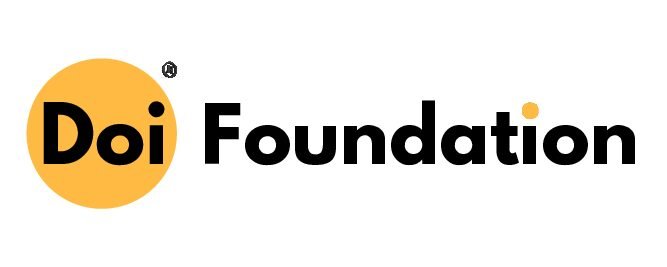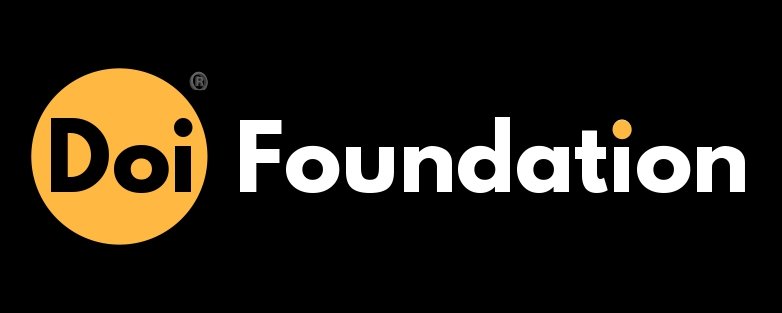The Community
Who are the members & users?
Registration Agencies (RAs) support individuals and organizations that need to identify and monitor valuable resources. Their responsibilities include assigning DOI prefixes, registering DOI names, and managing the metadata structure linked to each DOI entry.
Since each RA serves a specific sector or community, many have created tailored services that go beyond standard DOI registration — offering added value to the groups they represent. While every RA operates differently, they all adhere to a set of shared principles and responsibilities.
There are four types of membership: General, Registration Agency, Charter, and Affiliate. General, Registration Agency, and Charter Members have voting rights, while Affiliate Members do not. It’s important to note that membership is not required to be a client of a DOI Registration Agency or to assign DOI names.
General Membership is available to any organization that supports the growth of the DOI system. It is also a required step for organizations applying to become a Registration Agency. The annual fee for General Members is USD 35,000, although the Board may reduce this fee, with a minimum of USD 11,500 per year.
Charter Membership was originally created for the founding organizations to support the development of the DOI system through loans. At present, there are no Charter Members, as all loans have been fully repaid.
Affiliate Membership is available to any organization interested in the DOI system. The annual fee is USD 2,000. Affiliate Members are not eligible to serve on the Board and do not have voting rights.
Current General Members
RAiD is designed to tackle major challenges faced by researchers, research organizations, funders, infrastructure providers, and others within the research ecosystem—ensuring consistent and up-to-date information on projects throughout their entire lifecycle. The Research Activity Identifier (RAiD) is a persistent identifier (PID) and global registry specifically dedicated to research projects.
Governed by ISO standard 23527:2022, RAiD is managed by the Australian Research Data Commons (ARDC), which acts as both the Registration Authority and the system’s lead developer. RAiD offers a platform to store, update, share, and interlink project data across the research community, simplifying project administration and reporting.
ARDC collaborates with DataCite to deliver RAiD services, and the system is currently being integrated with the European Open Science Cloud infrastructure through the FAIRCORE4EOSC program.
Current Affiliate Members
DiSSCo (the Distributed System of Scientific Collections) is a cutting-edge Research Infrastructure for Natural Science Collections. Its goal is to establish a new business model for a unified European collection that digitally integrates all European natural science assets under shared access, curation, policies, and procedures. This ensures that all data adheres to the FAIR principles—making it Findable, Accessible, Interoperable, and Reusable. DiSSCo represents the largest formal collaboration ever between natural history museums, botanic gardens, and universities holding collections worldwide. Focused on service provision, DiSSCo will offer a single access point for integrated data analysis and interpretation through a wide range of digital services provided by its network.
IFRRO (the International Federation of Reproduction Rights Organizations) is an independent, non-profit membership organization. It supports the collective management of reproduction and other rights for text and image works through cooperation among its member Reproduction Rights Organizations.
Who uses DOI?
There are two main types of DOI users. First, there are those who want to uniquely identify something through the DOI system—these are called “registrants.” Second, there are those who want to look up or resolve a DOI.
A registrant can be any person or organization. They register DOI names via a Registration Agency. If a registrant handles different types of content or has various application needs, they might work with multiple Registration Agencies for their services. Registrants are responsible for managing their own content (such as keeping URLs and metadata up to date), either by themselves or through agreements (for example, with a Registration Agency). Registrants don’t need to be members of the DOI Foundation; they are clients or customers of a Registration Agency. Depending on the agency’s business model, registrants may or may not pay for these services.
Users who resolve DOIs can be any individual or automated system. They don’t have to be members and can freely use the DOI Foundation’s resolution service as often as they wish. Resolving DOIs is, and will always remain, free of charge.

